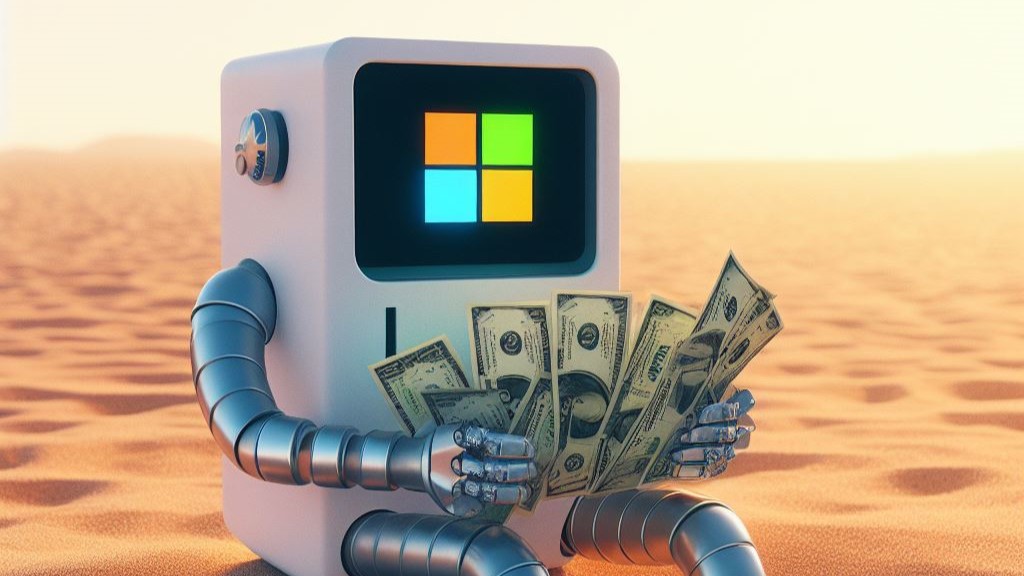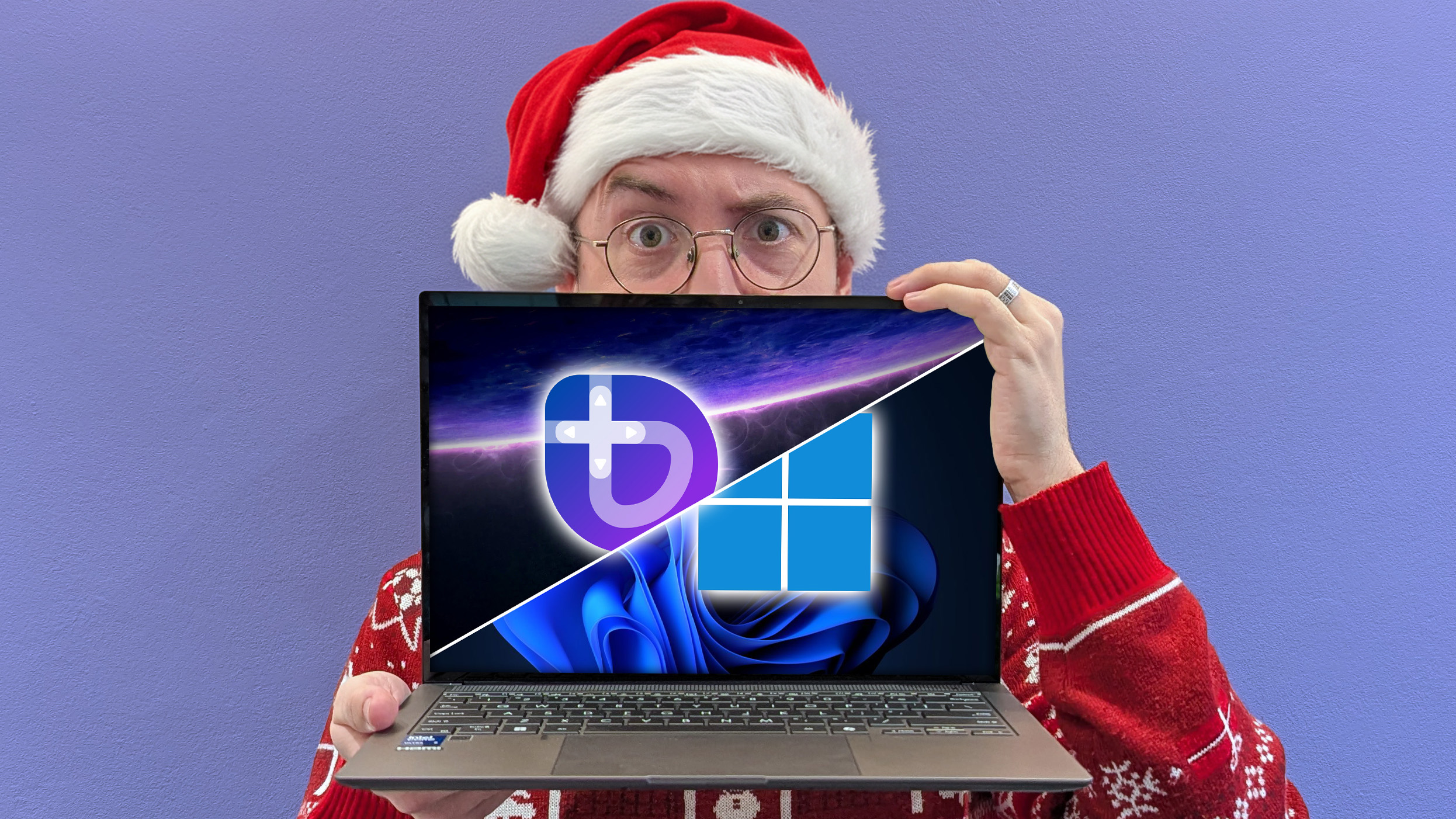Microsoft used a factory in Puerto Rico to sidestep $29 Billion in taxes, says IRS
Microsoft's "tax-free" ventures in Puerto Rico might have landed it in big trouble.

What you need to know
- Microsoft owes $29 billion in back taxes, penalties, and interest.
- The company stated it would appeal the IRS's proposed adjustment via the agency's internal appeals division.
- Investigations revealed the company was running a profitable venture in Puerto Rico without paying corporate tax.
- The IRS believes that Microsoft is being less than honest about its earnings from Puerto Rico and that it's downplaying it by two-and-a-half to three times.
- Microsoft reserves the right to move to the U.S. Tax Court if unsatisfied with the outcome from the IRS' internal appeals division.
Microsoft recently found itself between a rock and a hard place after the US Internal Revenue Service (IRS) dropped a bombshell on the company, indicating that the tech giant owed up to $29 billion in back taxes, penalties, and interest.
The Redmond-based company has been under tax audit and scrutiny by the IRS for nearly a decade. Microsoft already highlighted that it intends to appeal the IRS's proposed adjustment. This means that both entities might spend significant time in the corridors of justice before a decision is made.
The IRS accuses Microsoft of stashing billions of dollars in offshore investments to evade US taxes. In hindsight, Steve Ballmer, former Microsoft CEO, was summoned to shed more light pertaining to the issue. According to a spot by ProPublica, the company pointed out that this was “the first time in the history of the universe” that the IRS had taken a bold move and hired outside legal counsel. A well-calculated move that would perhaps give the IRS a fighting chance against Microsoft and its vast resources.
How did Microsoft get here?
Many discrepancies were uncovered per the IRS's investigation of Microsoft's revenue channels. For one, a huge chunk of the revenue declared by the corporation (summing up to around $39 billion) originated from its ventures in Puerto Rico. Puerto Rico is a favorable tax haven for large companies since running your business there without paying any taxes is possible if executed properly.
When confronted about this, Microsoft indicated that it had sold off some of its brands and copyrights to a factory based on the island. The government opposed these claims, further citing that this was a front that Microsoft was using to channel its profits. The facility was essentially used to burn Windows and Office software on CDs.
But the case wasn't a slam dunk for the IRS. Microsoft's accounting firm, KPMG, was armed to the nail with documents affirming its claims. However, the IRS indicated that Microsoft was downplaying its Puerto Rican earnings by two-and-a-half to three times, translating to $15 billion.
This would see the court case drag for close to a decade. By 2015, the court case had morphed into a serious battle with even greater tax implications for Corporate America. At the same time, the U.S. Chamber of Commerce, alongside other business groups, joined forces with Microsoft, ultimately forming an anti-audit trade group dubbed the Coalition for Effective and Efficient Tax Administration.
All the latest news, reviews, and guides for Windows and Xbox diehards.
This raised concern among lobbyists, who relayed the information to government officials, highlighting how the whole situation negatively impacted cooperative relationships between taxpayers and the IRS. As a result, congress members passed a bipartisan bill that would keep the IRS on a short leash.
But this didn't deter the IRS from moving forward with its investigation into Microsoft. Earlier that year, the IRS had already set up a new unit designed to audit intra-company deals that sent U.S. profits to tax havens. This is why the unit was able to look into Microsoft’s Puerto Rican deal despite intervention from Congress.
And after a long battle in court, with both parties having sued each other, the judge ruled in the IRS's favor. “The Court finds itself unable to escape the conclusion that a significant purpose, if not the sole purpose, of Microsoft’s transactions was to avoid or evade federal income tax,” the judge stated while delivering the ruling.
What's next?
Things went a bit silent, with Microsoft's senior executive Daniel Goff issuing a statement indicating its commitment to following IRS rules and paying taxes owed in the US and beyond. The executive further pointed out that the dues the IRS was seeking were for the period between 2004 and 2013, but he cited that the company had already made a payment of $10 billion on its overseas profits.
The end of the investigation only marks the beginning of an entirely new process, which could also take several years to conclude. Microsoft is moving forward to contest the outcome of the investigation via the IRS' internal appeals division. That said, if Microsoft isn't satisfied with the verdict, it can still move to the U.S. Tax Court.
What are your thoughts on Microsoft withholding tax from the IRS? Please let us know in the comments.

Kevin Okemwa is a seasoned tech journalist based in Nairobi, Kenya with lots of experience covering the latest trends and developments in the industry at Windows Central. With a passion for innovation and a keen eye for detail, he has written for leading publications such as OnMSFT, MakeUseOf, and Windows Report, providing insightful analysis and breaking news on everything revolving around the Microsoft ecosystem. While AFK and not busy following the ever-emerging trends in tech, you can find him exploring the world or listening to music.
